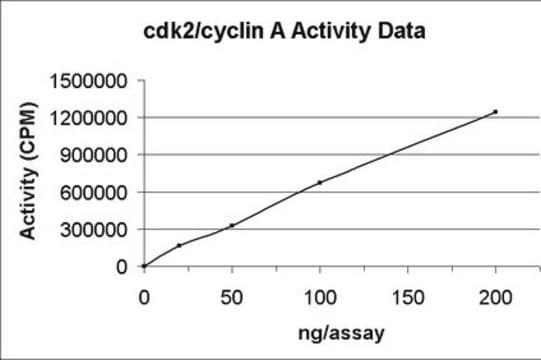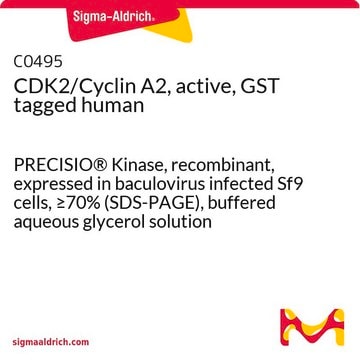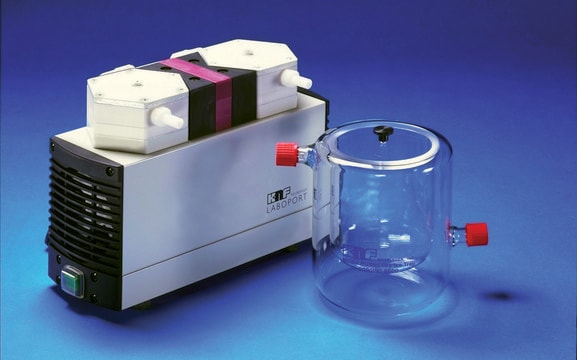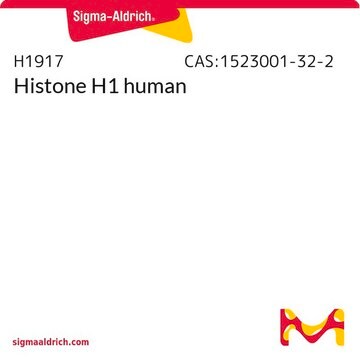14-475-M
Cdk2/Cyclin E Protein, active, 10 µg
Active complex of recombinant full length human Cdk2 containing a C-terminal His6-tag & recombinant full-length human Cyclin E containing an N-terminal GST-tag. For use in Kinase Assays.
Select a Size
Select a Size
About This Item
Recommended Products
biological source
human
Quality Level
recombinant
expressed in baculovirus infected Sf21 cells
shelf life
1 yr
mol wt
Mw 34 kDa (cdk2)
Mw 74 kDa (cyclin)
manufacturer/tradename
Upstate®
technique(s)
activity assay: suitable (kinase)
solubility
water: soluble
NCBI accession no.
UniProt accession no.
Gene Information
human ... CCNE1(898) , CDK2(898)
General description
Complex of recombinant full length human cdk2 containing a C-terminal His6-tag, and recombinant full-length human cyclin E containing an N-terminal GST-tag. Product Source: Both are expressed by baculovirus in Sf21 insect cells The Cyclin E genes (CCNE1) gene located at 19q12 region in humans is responsible for encoding full-length protein of 410 amino acids.[1]
Biochem/physiol Actions
Target Sub-Family: CMGC
The Cyclin E1 protein binds to and activates Cyclin-dependent kinase 2 (CDK2), forming an active complex crucial for the initiation and progression of the S phase. Cyclin E/CDK2 complex primarily regulates cell cycle advancement and DNA replication by phosphorylating specific substrates. Elevated Cyclin E protein levels and heightened CDK2 kinase activity are both individually linked to unfavorable prognosis, decreased survival, and resistance to therapy in cancer patients. Overactivation of the Cyclin E/CDK2 complex directly disrupts DNA replication through multiple mechanisms, resulting in DNA double strand breaks (DSBs) and genomic instability. Targeting the oncogenic Cyclin E/CDK2 complex has emerged as a potential therapeutic approach against cancer.[1]
Packaging
Quality
Physical form
Storage and Stability
Other Notes
Legal Information
Disclaimer
Certificates of Analysis (COA)
Search for Certificates of Analysis (COA) by entering the products Lot/Batch Number. Lot and Batch Numbers can be found on a product’s label following the words ‘Lot’ or ‘Batch’.
Already Own This Product?
Find documentation for the products that you have recently purchased in the Document Library.
Active Filters
Our team of scientists has experience in all areas of research including Life Science, Material Science, Chemical Synthesis, Chromatography, Analytical and many others.
Contact Technical Service





